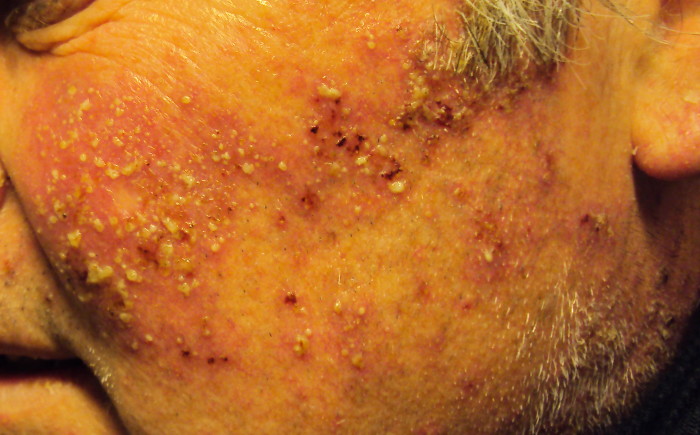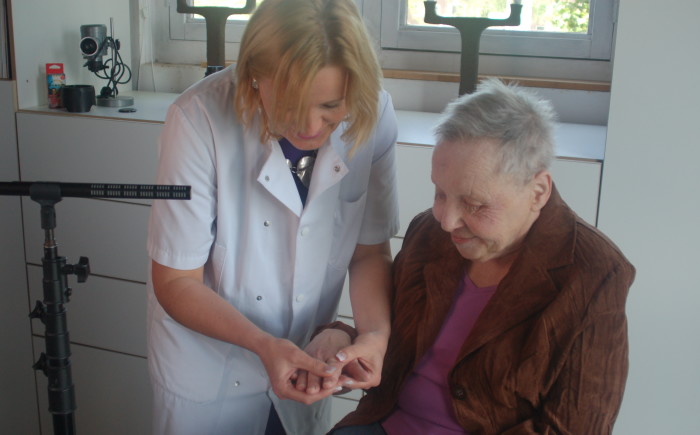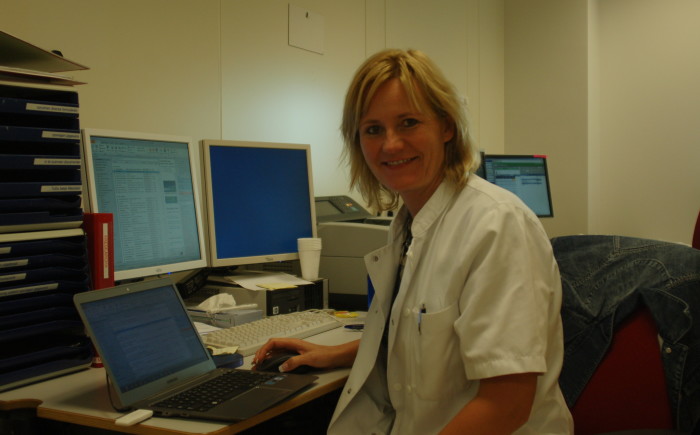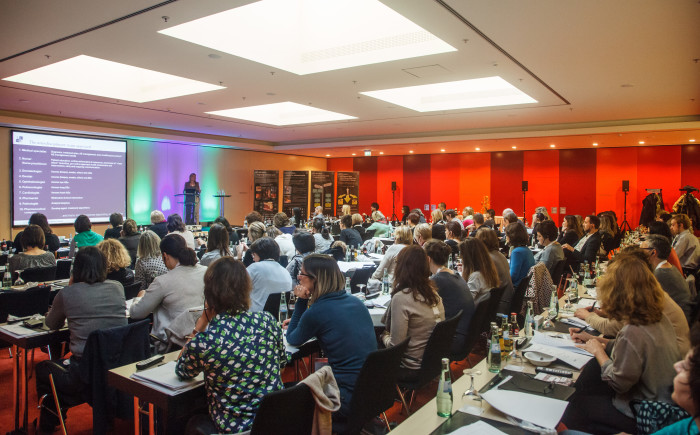
The Story of CancerMed
The Story of CancerMed


The Problem
When targeted therapies for cancer were first introduced, it was told that these new therapies would be an ideal, simple solution for our patients and was very pleased when we were able to treat our first patient with a targeted therapy.
Following the introduction of these agents, adverse events became identified. The first drug reactions like dry skin, papules, pustules, itchiness, fissures, blisters, calluses, aphthous ulcerations, burning tongue, dry or teary eyes, and trichomegaly were noted.
It happened to be, that the treatment options that are available for adverse events from chemotherapy and radiation therapy didn’t bring any relief for the adverse events from this new kind of drugs. As a result, I couldn’t help my patients at all in the way I would have wanted to. To be honest I felt distraught because I simply didn’t know how to provide solutions for the challenges that my patients encountered!

No curriculum available!
I studied literature. I attended conferences and symposia. I searched for an in-depth training on how to treat these adverse events but learned there were only short lectures and superficial workshops organized. No real curriculum that would change the entire game was available!
Because I didn't have the needed skills, I avoided to be responsible for patients on targeted therapy whenever I could, because I simply didn’t feel comfortable watching them struggling with all their challenges without being of any real help.
At one point I recognized that I denied that there was a huge problem that needed to be addressed. I told my patients that they just needed to take care of their skin and mucosa and then everything would be fine.
Of course, I knew this was not true, but I didn’t have any real solutions for them.

Search for Solutions
So, I really felt I had let them down and I thought that the best way to make amends would be to look for solutions. And I did!
I started to interview my patients over and over again in clinic and in their home setting. I requested them to complete questionnaires, keep a diary, and participate in the clinical trials I generated for them.
At one point I recognized the repetition, the overall structure. Patients themselves gave me the solution for their situation. I only need to identify them – together with the input of my patients. By asking the right questions in a consecutive order, it became clear what my patients’ needs were.

PhD Program
Studying the adverse events and cancer medication success in all its facets became my PhD program. Resulting therefrom with the gained knowledge we updated our interdisciplinary training curricula and learned which route is the most effective in accelerating success in cancer medication.
By following our 6-step TARGET strategy for adverse events and our 7 Fundamental Stages of success in cancer medication one will be able to limit the challenges patients encounter while on targeted therapy for cancer and promote compliance with the needed cancer therapy - avoiding unnecessary discontinuation or dose adjustments.

CancerMed Curricula
With our innovative approach we are able to conquer the adverse event information gap. With our curricula we provide sustainable solutions for the challenges that patients encounter while on targeted therapy for cancer with our proven method.
Our tailored programs are intended for:
- patients, their support system & patient advocates
- policymakers in pharma & biotech
- product specialists
- medical & nurse specialists & their support system
- medical footcare providers
- approval authorities, government & insurance
Targeted therapies inclusive immuno-oncology and endocrine therapy have our utmost attention.
Join our mission in helping patients conquer cancer
by helping them overcome the hurdles they encounter
while on targeted therapy for cancer.
